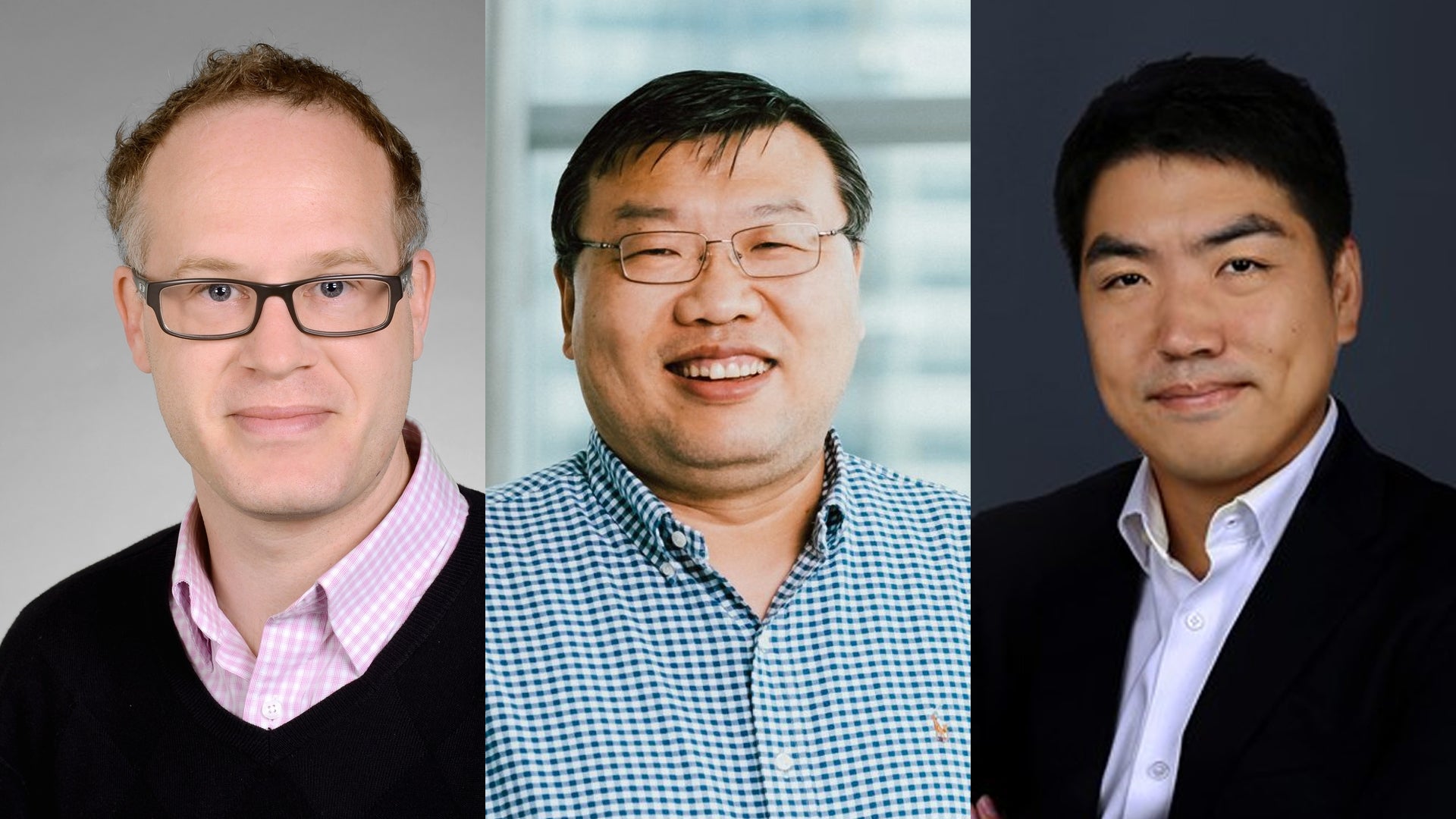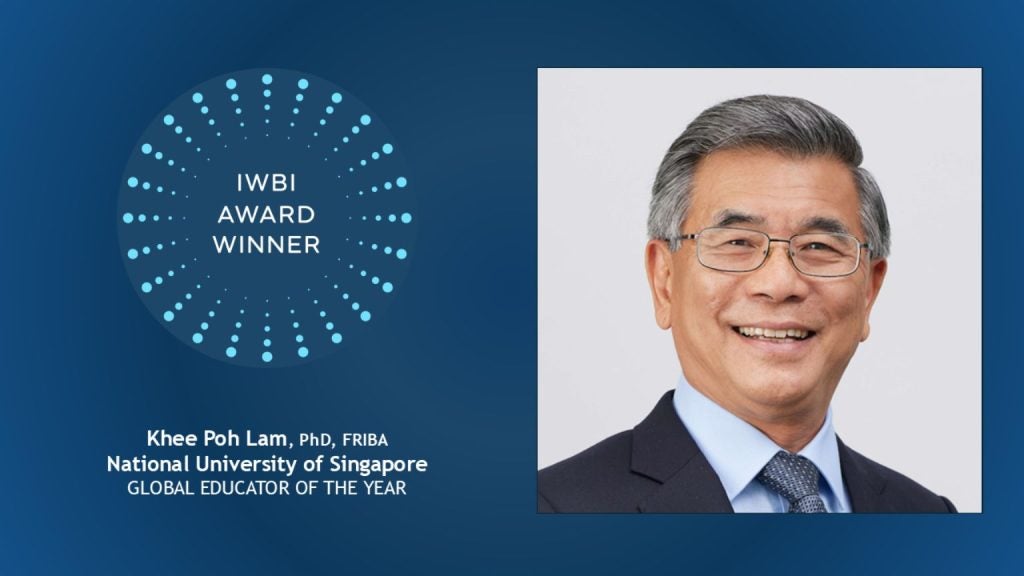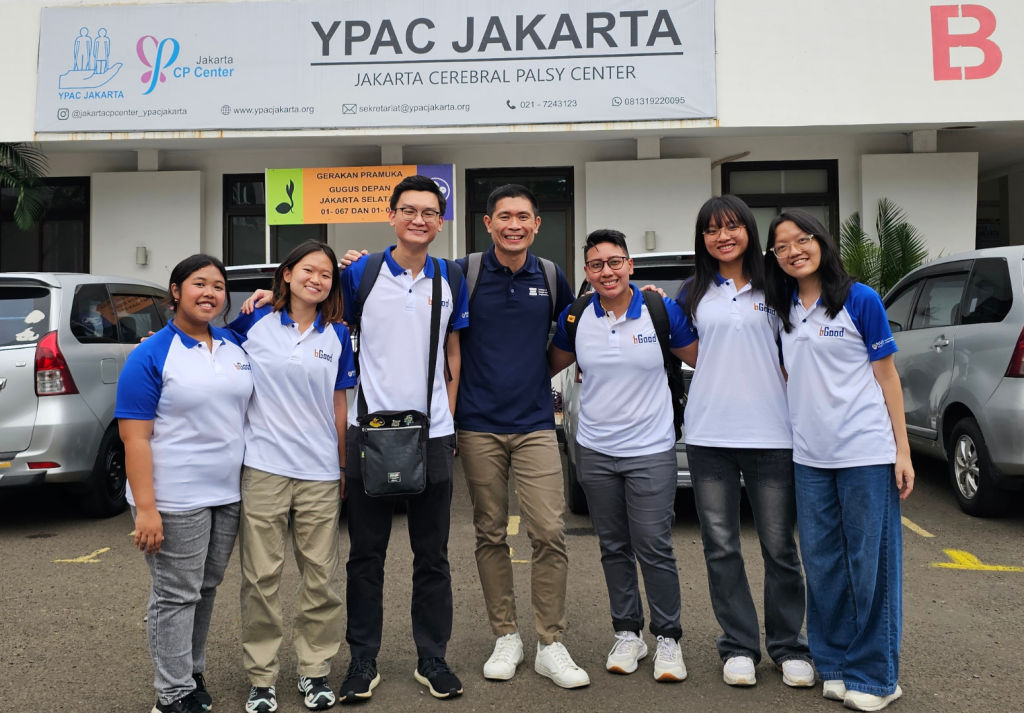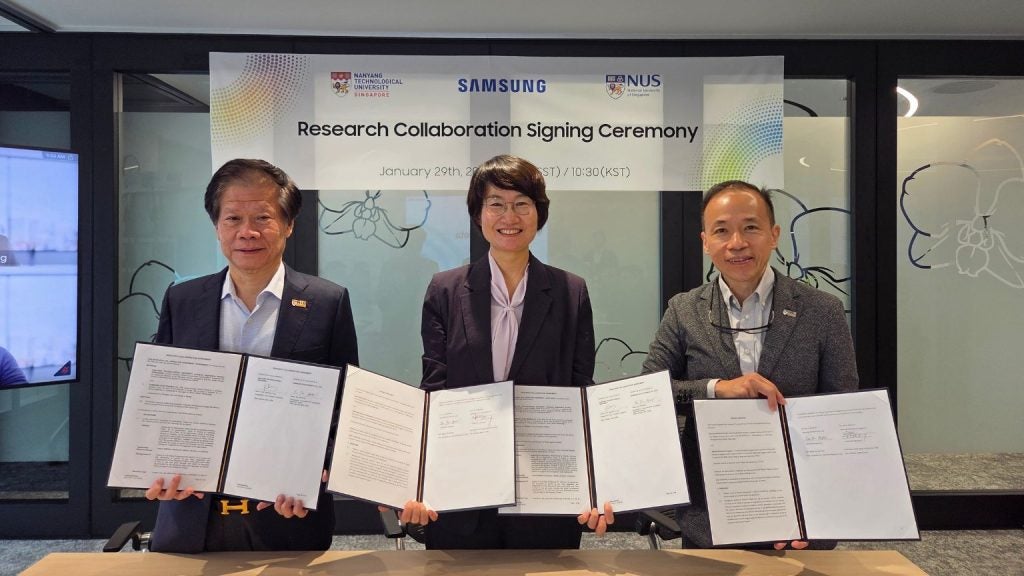
Three of our faculty members have received the prestigious 10th NRF Investigatorship in recognition of their exceptional contributions to scientific advancement and research leadership.
The NRF Investigatorship, administered by Singapore’s National Research Foundation, is one of the country’s most competitive and respected research awards. It supports a select group of Principal Investigators in pursuing high-risk, high-reward research that has the potential to deliver transformative outcomes. Recipients are chosen through a rigorous selection process that evaluates the originality, depth, and long-term potential of their work.
Professor Marco Tomamichel
Department of Electrical and Computer Engineering
Information Theory at the Quantum Frontier
Digital computation and communication are essential to our modern world, requiring faster information processing and secure transmission. Quantum technology shows great promise in addressing challenges such as secure emails and online commerce. Consequently, quantum information science is rapidly growing. Advances in controlling noisy intermediate-scale quantum devices may soon spark a second quantum revolution, developing technologies that leverage quantum effects to improve information processing capabilities. One major challenge in transitioning to large quantum systems is their difficulty in precise control. As a result, significant limitations on the size and functionality of quantum devices are expected for the foreseeable future. This research will focus on theoretical questions arising in this context, the mathematical foundations of finite resource theory, and applications in communication, learning, and cryptography.
Research impact: Prof Tomamichel’s research lays the foundation for the future of secure digital infrastructure. As quantum devices become more prevalent, breakthroughs in quantum information theory will be key to enabling privacy-preserving communication systems and advancing quantum-based machine learning and computation.
Professor Chen Jingsheng
Department of Materials Science and Engineering
Logic and Memory Devices Beyond CMOS Based on Spin and Electric Polarisation
The scaling of microelectronics based on complementary metal–oxide–semiconductor (CMOS) transistors (Moore’s Law) is now approaching its physical limit. To significantly improve integrated circuits' energy efficiency and speed, non-traditional computing paradigms beyond CMOS are required. The researchers aim to develop energy-efficient magnetoelectric spin-orbit (MESO) based logic devices, logic and memory devices with in-plane charged domain walls and electric polarisation-based logic and memory devices to capture new growth opportunities in emerging sectors such as artificial intelligence, data science and technology, autonomous vehicles, etc.
Research impact: Prof Chen's research could pave the way for ultra-low-power, high-performance computing systems that are vital for next-generation technologies such as AI, edge computing, and autonomous robotics. It also positions Singapore at the forefront of post-CMOS electronics innovation.
Associate Professor Yuan Chao
Department of Architecture
Urban Meteorology Nowcasting: Building Climate Health Resilience for the General Public in the Immediate Living Environment
There is a strong need for a climate-sensitive approach to urban design and operations. However, research on the impact of climate on cities and public health is inadequate for informing necessary actions to address current and future climate hazards. Researchers will create an aerodynamic measurement network with ground-based Doppler LiDAR and an IoT sensing network to address uncertainties in downscaling models from global to city levels. This setup will provide accurate boundary conditions for numerical weather nowcasting. They will also incorporate data on local demographics and socioeconomic distributions in Singapore.
Research impact: Assoc Prof Yuan's work will enhance Singapore’s ability to adapt to climate change through hyper-local environmental data and predictive weather models. It enables more responsive urban planning, targeted public health interventions, and resilient city design in the face of rising climate volatility.
This recognition reflects CDE’s commitment to interdisciplinary research that addresses urgent, real-world challenges through innovation in science, engineering, and design. The awardees exemplify the college’s strengths in combining deep expertise with forward-looking, cross-cutting approaches — from quantum theory and electronic materials to climate-sensitive urban planning.





